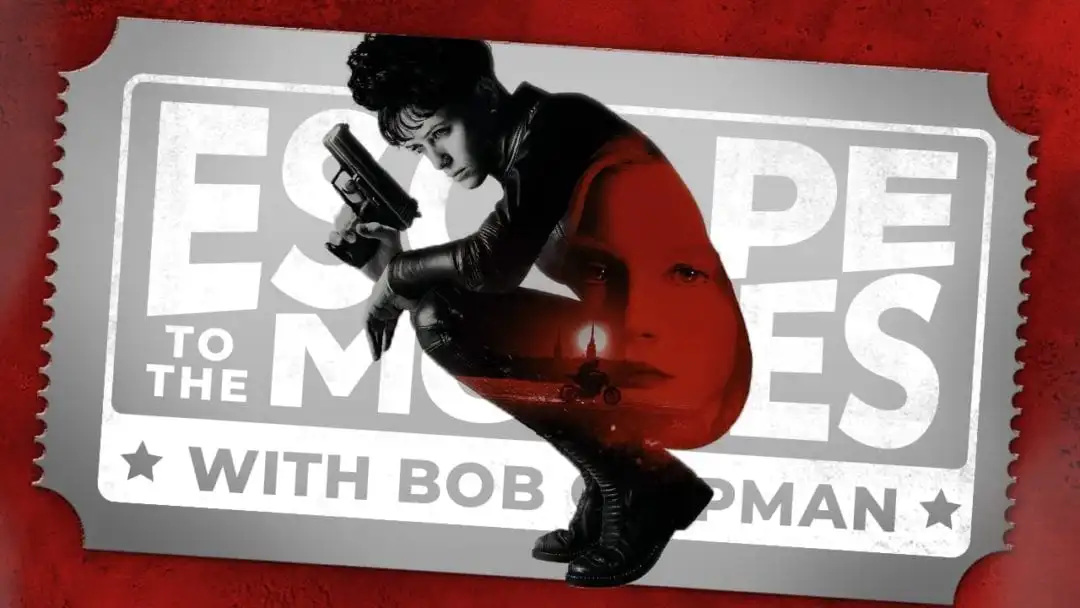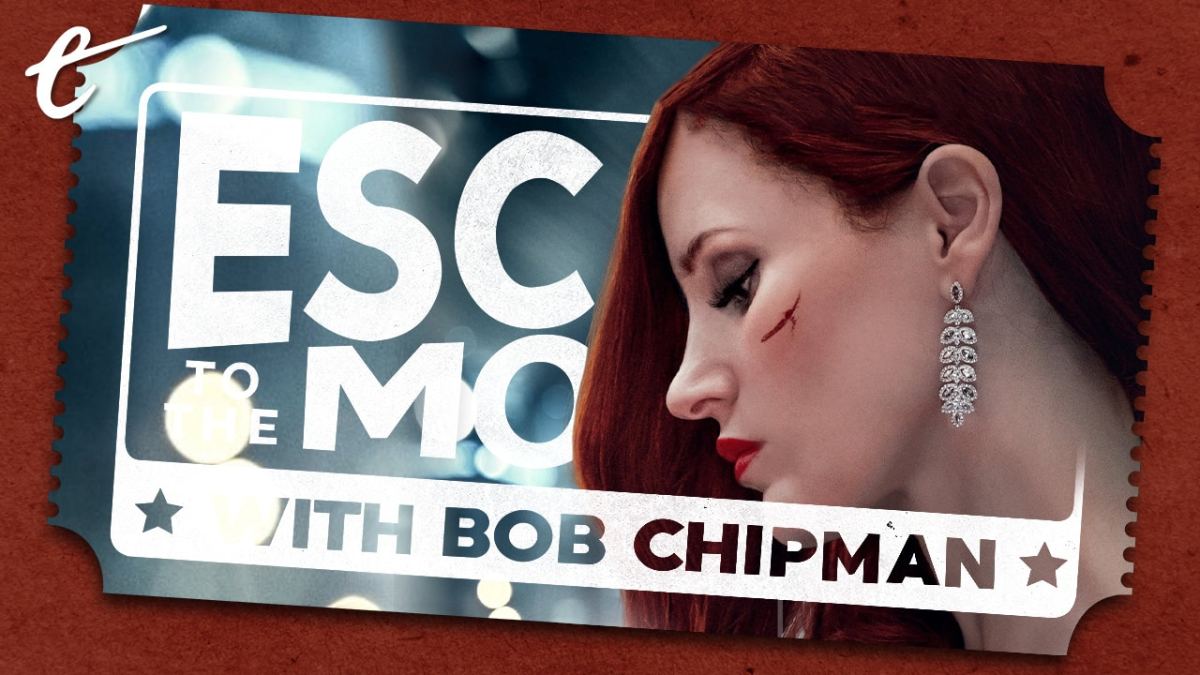So here we have an attempt (unsuccessful, if the box office is to be any indication) by the rights holders of Steig Larsson’s The Girl with the Dragon Tattoo franchise to get in the reboot scene. The Girl in the Spider’s Web moves the iconic heroine Lisbeth Salander and her supporting players past the late author’s original established stories into a new status quo that spreads a (very) thin veneer of the pitch black socially conscious sleaziness that informed the foundational texts over an otherwise generic grab bag of spy, superhero and action girl tropes. While that’s disappointing in the context of the original three Swedish adaptations and the underappreciated American remake from David Fincher, I’m a bit torn as to whether it’s actually a “betrayal” of the material (as many have suggested) or simply a more honest approach.
Maybe it’s both? Without intending any disparagement to the late author, part of what made the original cycle and Lisbeth as a character so bizarrely compelling from my end was a distinct sense that the signature pairing of dark, nasty, sexually charged, sadistically violent subject matter and woker-than-thou sociopolitical message mongering was emerging at least in part via working backwards from guilt and overcompensation.
After all, as a vigilante/bisexual/master hacker/goth/biker chick Lisbeth has been from inception pretty much one pair of anime eyes away from an early-2000s nerdcore fetish girl “total package” — and that’s without even touching the part where her bitter and wholly-justified antipathy toward the male sex is thawed by the presence of (wouldn’t you just know it?) a jaded crusading journalist sort of reminiscent of Larsson himself. Not that Larsson would’ve been the first or even most notorious example of an author realizing “Hmm! I… might have written a fantasy girlfriend into my sexually charged novel in a somewhat discomfiting manner” nor the first to appear to back into acknowledging it by framing her as a brutal instrument of revenge against more explicitly wicked incarnations of capital-P Patriarchy.
Thusly, it’s maybe not that much of a stretch — or necessarily a “heresy” — to retrofit this particular protagonist as a sort of female Jason Bourne as imagined by a horny nerd circa 2005 or so. She fits into the formula fairly well, all things considered, and Claire Foy is extremely well cast in the part. Unfortunately, while “iconic main character, good to pretty good movies” has more or less been the story of the franchise; The Girl in the Spider’s Web is the first to ask: “If we get Lisbeth right, do we even need a rest of the movie?” It turns out you do.
Picking up in a place that could be taken as either a pseudo-sequel to the Swedish trilogy or the Fincher movie or neither, the story finds Lisbeth bopping around Stockholm covertly brutalizing rapists and wife beaters like a single-issue Batman. Her sometime sidepiece Mikael Blomkvist is grappling with his own problems: the takeover of his beloved Serious Journalistic Publication by Damn Dirty Millennials. In the plot proper, a computer programmer who designed a crazy powerful “take control of every missile on the planet at once” protocol for the U.S. military wants Lisbeth to hack the CIA and steal it back because he thinks the Americans can’t be trusted with it anymore. (Gee, wonder what changed in the last two to three years?)
Lisbeth’s successful hacking but less successful “not getting caught hacking” draws the attention of not only a Special Agent (Lakeith Stanfield) but also a well-armed and funded mercenary group cryptically known as “The Spiders” whose leader — in a plot turn that’s framed as something like a twist but has been spoiled in every scrap of advertising imaginable at this point — is revealed to be Lisbeth’s evil twin sister Camilla. Lisbeth’s twisted sister is a blonde (yes, a literal palette-swap nemesis!) ice queen daddy’s girl who’s rebuilt The Spider’s from the remnants of their Russian crime boss father’s henchman portfolio and is making her move into the Global Supervillain racket with the missile program. To use it, they need a password locked away in the head of its programmer’s autistic math genius preteen son, who Lisbeth must now protect from her sister’s army of killers and … to be frank, this is even more boring to type than it is to watch.
One really shouldn’t be able to make a premise that starts with “Black Metal Ellen Page versus Ivanka as imagined by Frank-Miller for The Button The Blows Up The World” dull, but that’s exactly what The Girl in the Spider’s Web manages to do. That’s even more bizarre considering the film comes courtesy of Uruguayan horror specialist Fede Alvarez, director of Don’t Breathe and the Evil Dead remake. As a director he’s typically been known as super stylish and willing to go over the top, but here he mostly hands in a by-the-numbers espionage thriller with a mere dusting of both the kinky sleaze factor and the on-the-nose social consciousness that previously distinguished the franchise.
It’s not just a matter of The Girl in the Spider’s Web being an inferior sequel, either. As a standalone object, there’s just nothing going to distinguish it save for a handful of novel action beats and Foy doing a solid interpretation of a theoretically interesting character — theoretical in the sense that after a real banger of an introduction scene Lisbeth doesn’t really get to do much that distinguishes her from any other interchangeable hero in a movie like this. There’s a pretty good car chase and a cool bit with a high-caliber sniper rifle at the end — but that’s kind of it. The rest is just boilerplate and for all the buildup “Reverse-Lisbeth” is a real cipher as a villain.
It’s in no way surprising that a studio would want to find a way to keep this series going and see if it can be stretched out to accommodate slotting Lisbeth into a broader variety of adventures, but they absolutely lost the thread here. There’s just nothing going on and no reason for the audience to care no matter how interesting they might think the lead is.






Published: Dec 7, 2018 12:10 pm